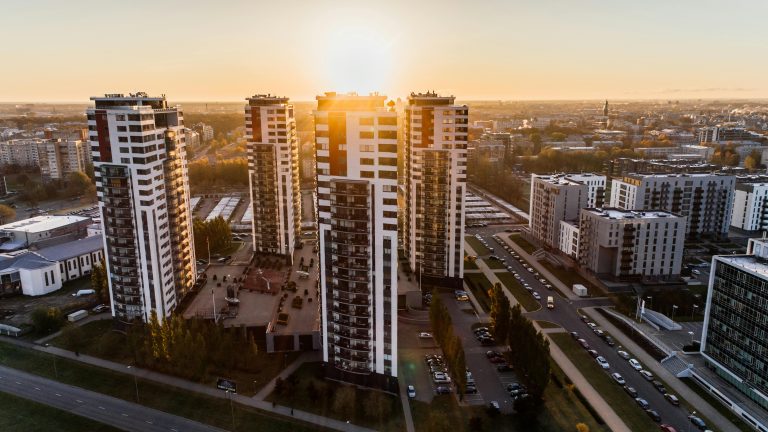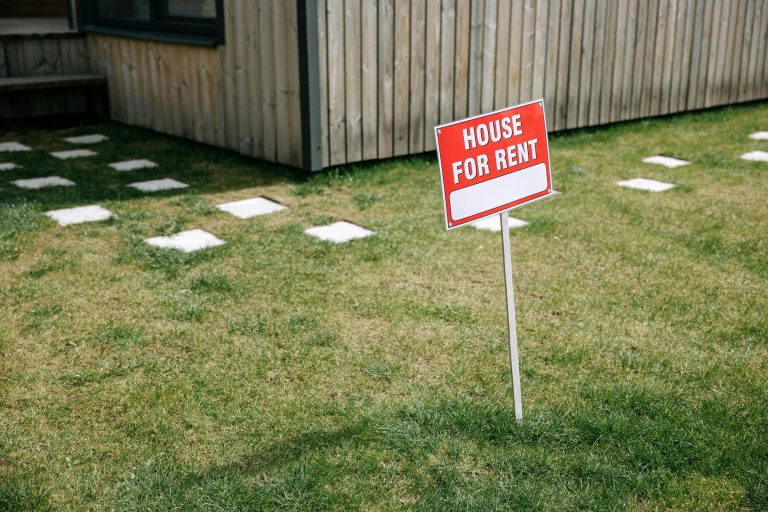What Makes An Investment Make Sense
People still ask me about investing in real estate by buying an investment property. My answer is yes if it makes sense for your situation. That means you look past the excitement and run the numbers with a cool head. You want to know what you will pay for the property, what the market rent is, what your ongoing expenses are, and how that all translates into return on your cash.
The Simple ROI Formula
Here is an easy way to think about return:
Return On Investment (ROI) equals Annual Net Cash Flow divided by Total Cash Invested times 100.
Annual Net Cash Flow equals Annual Rent minus Annual Expenses minus Annual Loan Payments.
Total Cash Invested equals Down Payment plus Closing Costs plus Initial Repairs.
A Quick Walkthrough
Imagine you buy a $300,000 investment property.
- Down payment of 20% equals $60,000
- Closing costs of $5,000
- Initial repairs of $10,000
- Total cash invested equals $75,000
Monthly rent is projected is $3,000
Annual rent equals $36,000
Operating expenses each year:
- Property taxes $4,800
- Insurance $1,400
- Maintenance reserve $2,400
- Vacancy reserve 5% of rent $1,800
- Property management 10% of rent $3,600
- Total operating expenses equals $14,000
Loan amount $240,000 at 6.75% interest rate
Monthly principal and interest about $1,557
Annual loan payments about $18,684
Now do the math.
- Annual net cash flow equals $36,000 minus $14,000 minus $18,684 = $3,316
- ROI equals $3,316 divided by $75,00 which is about 4.4%
That is the cash return. You can also add principal paydown from your loan and any appreciation over time to estimate a total return. For example the first year of this loan pays down about $2,500 in principal which would lift the total return to roughly 7% before taxes. Your exact numbers will differ so always plug in the real figures for your property.
Compare To A Simple Benchmark
When I evaluate an investment property I compare my expected return to a basic benchmark such as the long term average return of the S&P500. That comparison keeps me honest. If my rental return after adjusting for the time I will spend as a landlord is much lower than a plain index fund I slow down. If the return is stronger and I believe in the neighborhood and the long term rental demand I keep going.
Remember The Work Behind The Numbers
Unlike an index fund a rental requires effort.
- You or your property manager will screen tenants collect rent and enforce the lease
- You will plan for maintenance and replace big ticket items over time
- You will decide how hands on you want to be and what that time is worth to you
Real estate can create wealth through cash flow loan paydown and long term appreciation. It also asks for attention patience and good systems.
How To Pressure Test Your Plan
- Get real rent comps from an investor friendly real estate agent or property manager
- Build a full expense budget that includes taxes, insurance, utilities you pay, maintenance capital reserves, management, and vacancy
- Price the loan with a lender and use the actual monthly payment
- Calculate ROI with the simple formula and stress test by lowering rent 5% and raising expenses 10%
- Decide if the return justifies the time and risk for you
Final Word
I actively encourage real estate investing by buying an investment property when the math works and the plan fits your life. If you want to walk through your numbers I am happy to help you think it through. If you decide to move forward I can connect you with a vetted investor friendly real estate professional anywhere in the country. Reach out and we will map your next steps together.







